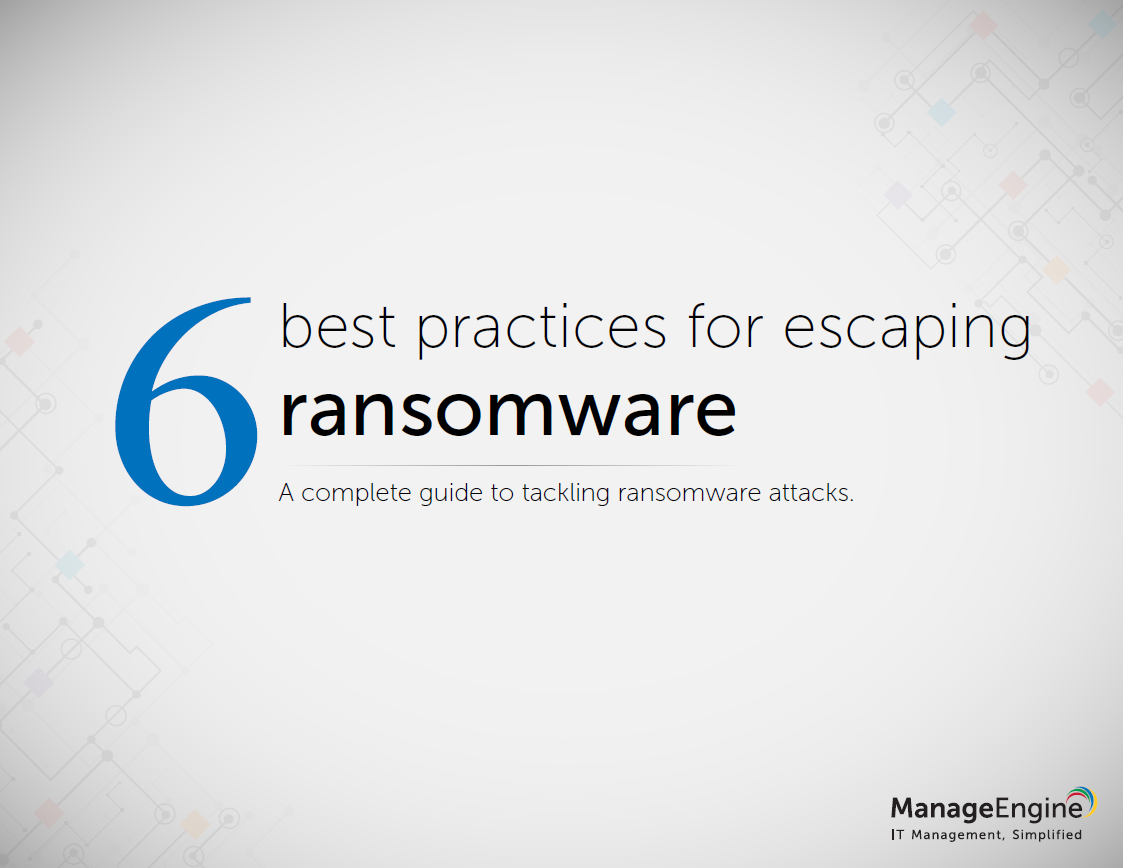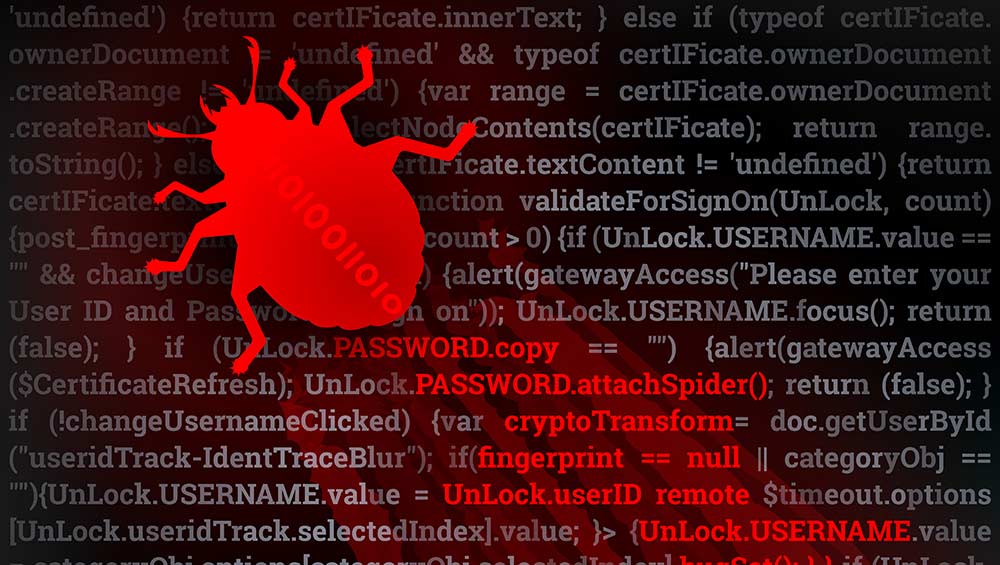National Crime Agency brings down prolific Trojan marketplace
Imminent Methods sold IM-RAT malware for as little as $25


A website that sold hacking tools responsible for infecting thousands of machines has been seized following an internationally coordinated effort from law enforcement agencies.
Imminent Methods was a 'clearnet' site that provided hackers with tools such as the Imminent Monitor Remote Access Trojan (IM-RAT) for as little as $25 (£19), according to the National Crime Agency (NCA).
Search warrants were drafted across nine different countries, resulting in the search and seizure of articles related to the running of the website. Out of the 85 total warrants, 21 were executed in cities and regions across the UK, including London, Manchester, Leeds, Somerset, Essex and Merseyside.
Nine arrests were made in the UK, 14 globally, and more than 400 items were seized in total.
"The IM-RAT was used by individuals and organised crime groups in the UK to commit a range of offences beyond just the Computer Misuse Act, including fraud, theft and voyeurism," said Phil Larratt, NCA's National Cyber Crime Unit.
"Cyber criminals who bought this tool for as little as US$25 were able to commit serious criminality, remotely invading the privacy of unsuspecting victims and stealing sensitive data".
RATs are a type of malware that are often downloaded invisibly and usually include a backdoor that can be later exploited by the author to gain unauthorised access to a machine. Once installed, RATs can spread between machines, gradually forming a botnet to increase the amount of data the malware's distributor has access to.
Get the ITPro daily newsletter
Sign up today and you will receive a free copy of our Future Focus 2025 report - the leading guidance on AI, cybersecurity and other IT challenges as per 700+ senior executives
Notable victims of IM-RAT include Russia-based IT service providers and an assortment of West African banks.
The total number of victims is unknown, however, it's believed at least tens of thousands of machines may have been exposed to the malware. Evidence suggests that personal details, passwords, private photographs, video footage and other sensitive data have been harvested as a result.
Law enforcement agencies were originally tipped off by the FBI which was working alongside cyber security outfit Unit 42 from Palo Alto Networks in 2017.
It's important to note that simply owning a license for the malware isn't illegal, and there are uses for it beyond criminal activity. Only when it's used it to break into computers and violate computer safety laws does it become a criminal offence.
"The offences enabled by IM-RAT are often a precursor to more insidious forms of data theft and victim manipulation, which can have far-reaching privacy and safety consequences for those affected. These are real crimes with real victims," said Chris Goldsmid, acting commander cybercrime operations at the AFP.
RELATED RESOURCE

6 best practices for escaping ransomware
A complete guide to tackling ransomware attacks
"We now live in a world where, for just US$25, a cybercriminal halfway across the world can, with just a click of the mouse, access your personal details or photographs of loved ones or even spy on you," said Steven Wilson, head of the European Cybercrime Centre.
Unusually, Imminent Methods operated in the 'clearnet', which means it could be freely accessed by anyone using normal search engines. It's more common for cyber criminals to head to the dark web to buy and sell malware such as RATs where the seizure of the site is less likely to take place.
Interpol has long maintained that the hacking tools available to buy on the dark web are fuelling cyber crime, being one of the primary contributors to the rise of 'as a service' models.
More recently, the trend of ransomware as a service (RaaS) has been the tool of choice for cyber criminals due to the inexpensive price and high chance of profit.

Connor Jones has been at the forefront of global cyber security news coverage for the past few years, breaking developments on major stories such as LockBit’s ransomware attack on Royal Mail International, and many others. He has also made sporadic appearances on the ITPro Podcast discussing topics from home desk setups all the way to hacking systems using prosthetic limbs. He has a master’s degree in Magazine Journalism from the University of Sheffield, and has previously written for the likes of Red Bull Esports and UNILAD tech during his career that started in 2015.
-
 Meta just revived plans to train AI models using European user data
Meta just revived plans to train AI models using European user dataNews Meta has confirmed plans to train AI models using European users’ public content and conversations with its Meta AI chatbot.
By Nicole Kobie
-
 AI is helping bad bots take over the internet
AI is helping bad bots take over the internetNews Automated bot traffic has surpassed human activity for the first time in a decade, according to Imperva
By Bobby Hellard
-
 CronRat Magecart malware uses 31st February date to remain undetected
CronRat Magecart malware uses 31st February date to remain undetectedNews The malware allows for server-side payment skimming that bypasses browser security
By Rene Millman
-
 Mekotio trojan continues to spread despite its operators’ arrests
Mekotio trojan continues to spread despite its operators’ arrestsNews Hackers have used it in 100 more attacks since arrests
By Rene Millman
-
 “Trojan Source” hides flaws in source code from humans
“Trojan Source” hides flaws in source code from humansNews Organizations urged to take action to combat the new threat that could result in SolarWinds-style attacks
By Rene Millman
-
 What is Emotet?
What is Emotet?In-depth A deep dive into one of the most infamous and prolific strains of malware
By Praharsha Anand
-
 Fake AnyDesk Google ads deliver malware
Fake AnyDesk Google ads deliver malwareNews Malware pushed through Google search results
By Rene Millman
-
 Hackers use open source Microsoft dev platform to deliver trojans
Hackers use open source Microsoft dev platform to deliver trojansNews Microsoft's Build Engine is being used to deploy Remcos password-stealing malware
By Rene Millman
-
 Android users told to be on high alert after Cerberus banking Trojan leaks to the dark web
Android users told to be on high alert after Cerberus banking Trojan leaks to the dark webNews The source code for the authenticator-breaking malware is available for free on underground forums
By Sabina Weston
-
 Qbot malware surges into the top-ten most common business threats
Qbot malware surges into the top-ten most common business threatsNews An evolved form of the banking Trojan was distributed by number one-ranking Emotet in a campaign that hit 5% of businesses globally
By Keumars Afifi-Sabet